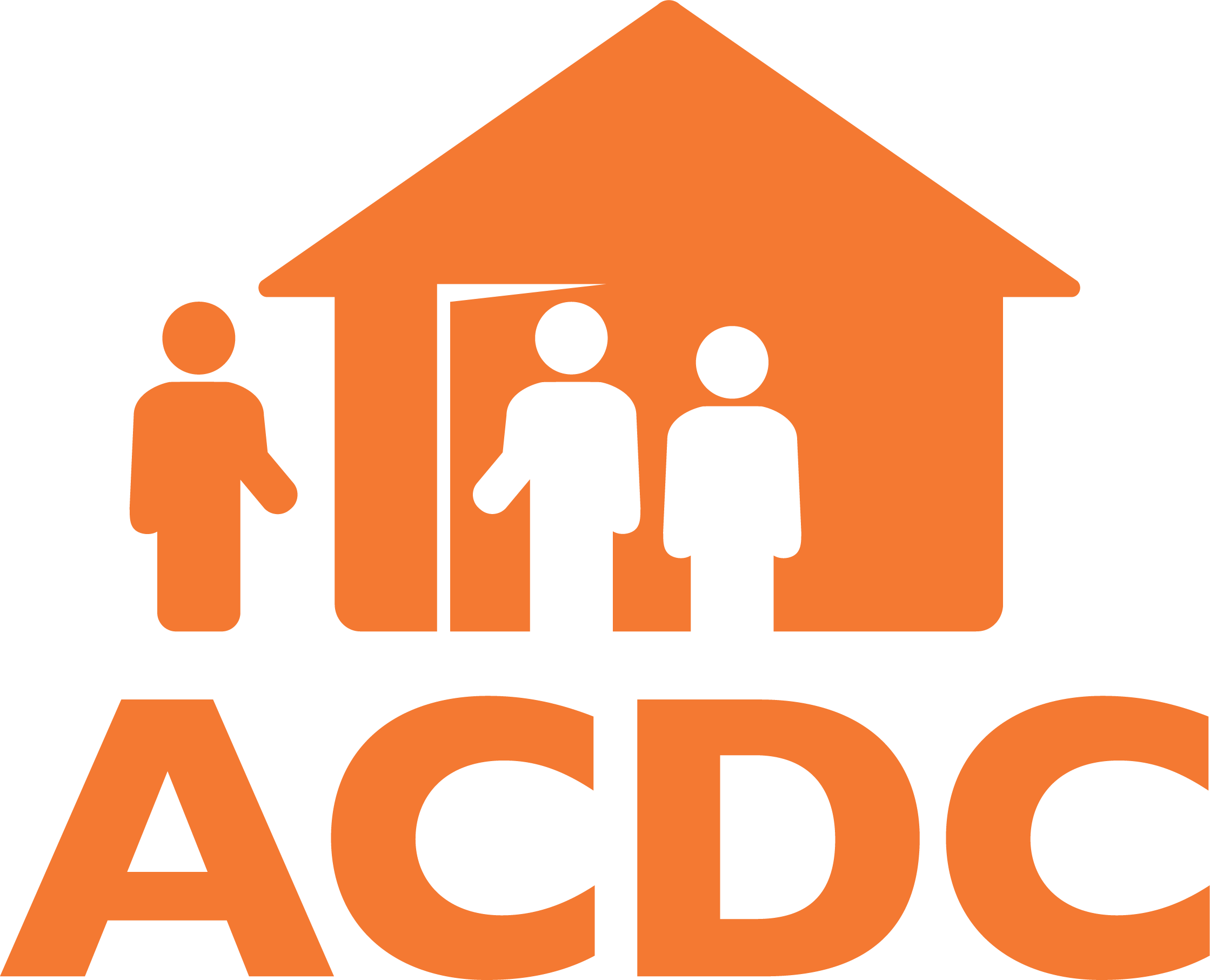
A door-to-door mental health and wellbeing survey in Mirrabooka, Nollamara, and Westminster has found that the primary barrier that prevented householders from contacting services for their mental health and wellbeing was feeling afraid, embarrassed or ashamed to ask for help.
The Assisting Communities through Direct Connection (ACDC) Project’s People Connectors spoke with and offered information to 617 householders in the City of Stirling, 202 of whom then completed a survey of their experiences with mental health and accessing support.
The report of the survey found that of the householders who wanted to seek help in the last 12 months, close to half (47%) did not get the care they needed.
Bill Gye, CEO of Community Mental Health Australia (CMHA), who manages the ACDC Project, says the project found levels of high and very high distress in certain areas of Perth, that significantly surpass national averages. It’s imperative that leadership at all levels not only strives to tackle pressing issues like housing insecurity, economic strain, and climate impacts but also improves psychosocial support systems. Enhanced access to psychosocial support is crucial to empower people to improve their emotional wellbeing and to foster resilience amidst ongoing adversities.
“Paradoxically, despite living with high and very high levels of distress, the project also found high levels of reluctance to seek help. Most people preferring to either ‘tough it out themselves’ because they are afraid, embarrassed, or ashamed to seek help and support. This is the reason we need programs like ACDC that reach out into communities to connect with people directly to find out what they need and assist them to connect to the right supports, rather than waiting for them to get to the point of crisis.” said Mr Gye.
Of the householders surveyed:
- 27% of respondents provided care for someone with disability, chronic condition, or mental health issue
- 23% of respondents reported a disability
The top three issues of concern for householders were:
- 31% – Financial stress
- 24% – Housing
- 23% – Physical health issues
Additionally, 39% of people reported they are worrying about their housing or living conditions.
People Connectors from Sudbury Community House, who partnered with CMHA, went door-to-door between July and December 2023. They spoke with householders about their mental health and wellbeing and distributed information about the free support services available in their area.
Mike Dixon, CEO of Sudbury Community House and Manager for the ACDC Project in the City of Stirling, says the report indicates peer support is much more powerful than services.
“I think having the ability to self-select their peer networks rather than being sent to referral organisations pertains to householders. This infers the power of connection and trust building is sometimes more beneficial to consumers than qualified professionals, as too often people are worried about having to divulge their stories to unknown, untrusted, or less-committed professionals.”
In terms of digital infrastructure, 24% reported having limited or no access to a computer or other device, and 28% experienced barriers to or no access to telehealth services.
The ACDC Project is being implemented in communities across all states and territories of Australia to improve wellbeing and collect important data with the assistance of the Centre for Social Impact. The advantage to local communities arises not only from this preventative intervention but also from the collection and reporting of data on unmet mental health and wellbeing needs, that can and will be useful for local service planning.
To access the full City of Stirling Community Report CLICK HERE

